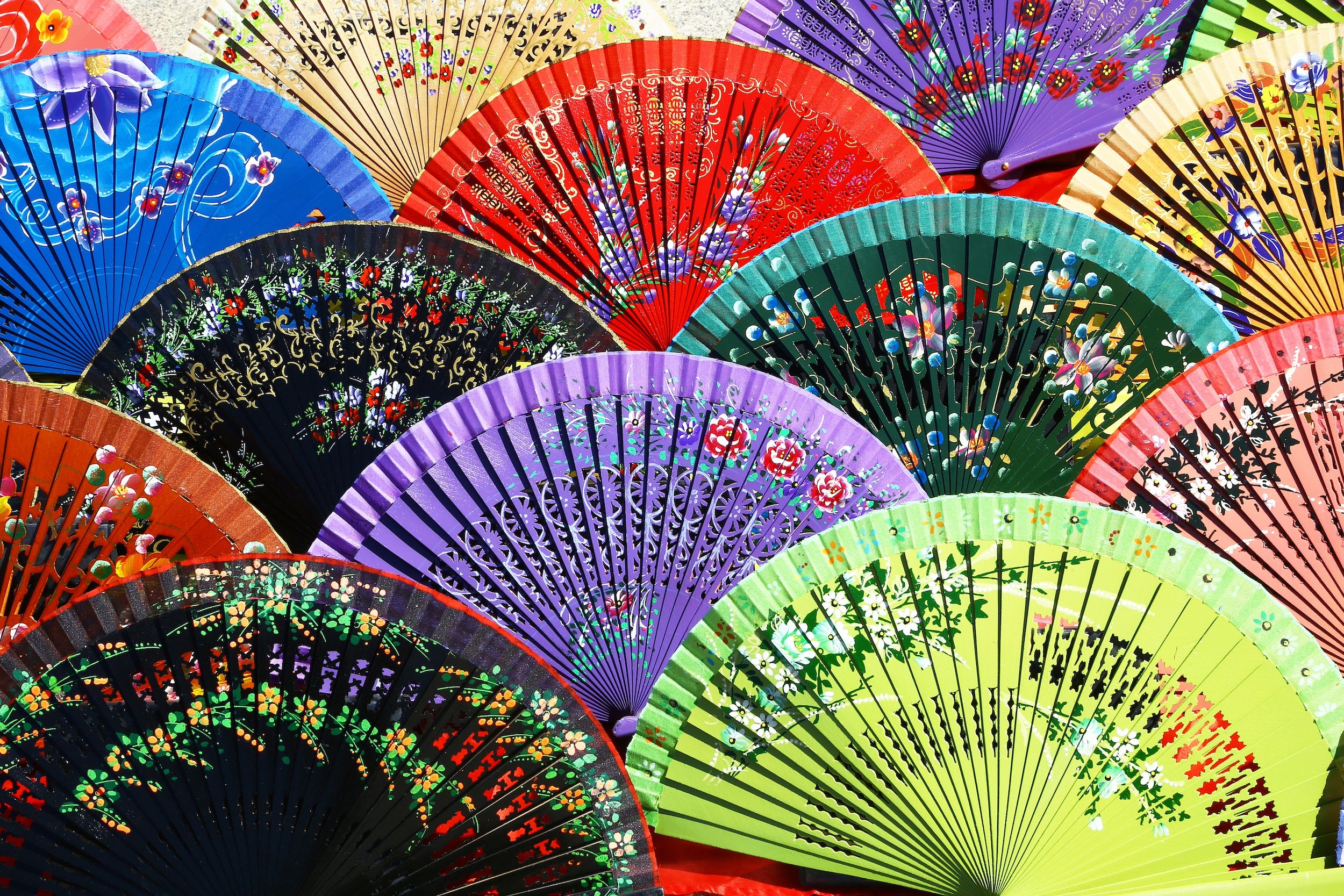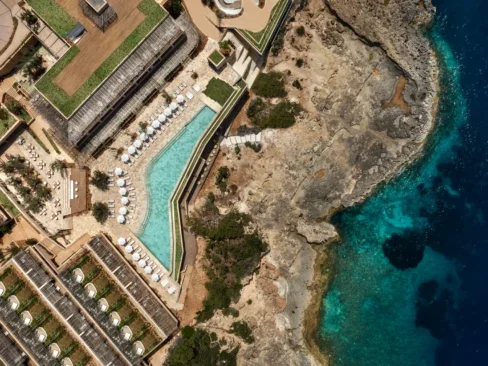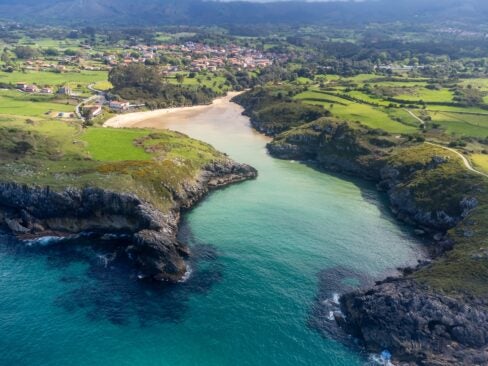From the Renaissance palaces of Andalusia to the avant-garde ateliers of Barcelona, Spain has long known how to do luxury with soul. Here, centuries-old craftsmanship and cutting-edge creativity sit side by side, but ensuring this rich duality remains for centuries falls to the responsibility of Círculo Fortuny.
As Spain’s foremost alliance of cultural excellence, Círculo Fortuny exists to protect and promote authentic, heritage crafts and Spanish creativity. Founded as a non-profit to unite and amplify the voices of the country’s most prestigious brands, ateliers and institutions, the association is dedicated to safeguarding traditional savoir-faire while driving innovation across a range of sectors – from gastronomy to gunmaking, design to distilling.
Currently with 61 members spanning heritage houses and contemporary pioneers, Círculo Fortuny acts as both curator and ambassador, offering discerning travelers a gateway into Spain’s most exceptional experiences. These are brands and makers held to the highest standards – not just for quality, but for the cultural legacy they uphold.
[See also: Here Are Two Amazing Road Trips Through Undiscovered Spain]
Heritage Craft Experiences
Among the most enchanting of these are the heritage workshops that quietly preserve techniques honed over generations. In Madrid, the Conde family welcomes visitors into their luthier’s atelier: a serene, wood-scented space where classical and flamenco guitars are still crafted entirely by hand. Felipe Conde, heir to a three-generation legacy, has shaped instruments for some of the world’s greatest musicians – from Paco de Lucía to Leonard Cohen.
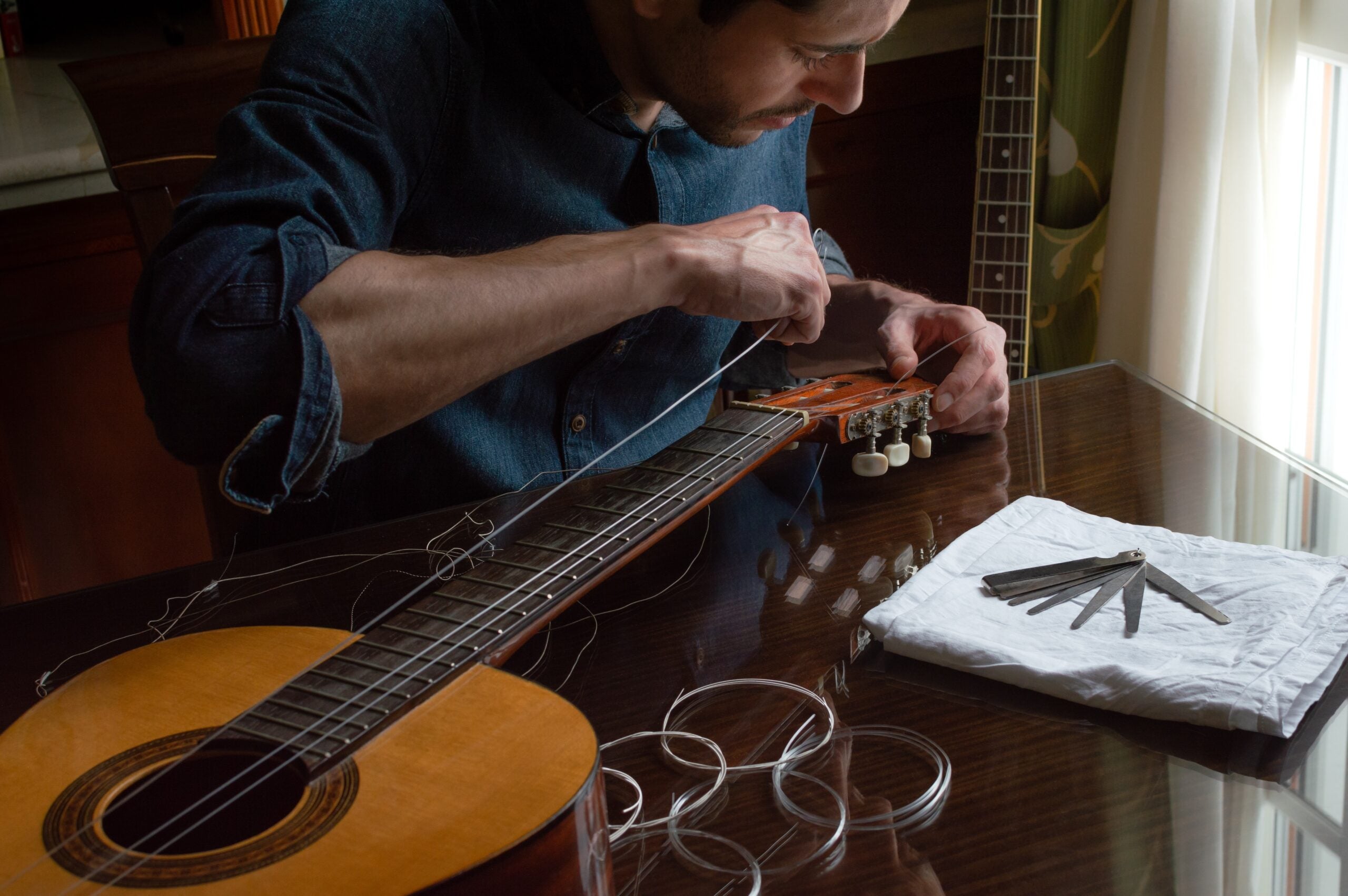
Further east, in Valencia, Carbonell has been making handcrafted fans since 1860. Each piece is a labor of love, fashioned from fine wood, lace and silk, and hand-painted with motifs that range from classical florals to avant-garde abstraction. A private visit offers a rare chance to see a fan-making in motion, with artisans using age-old methods to make a fan personalized to your wants, feeling more couture than craft.
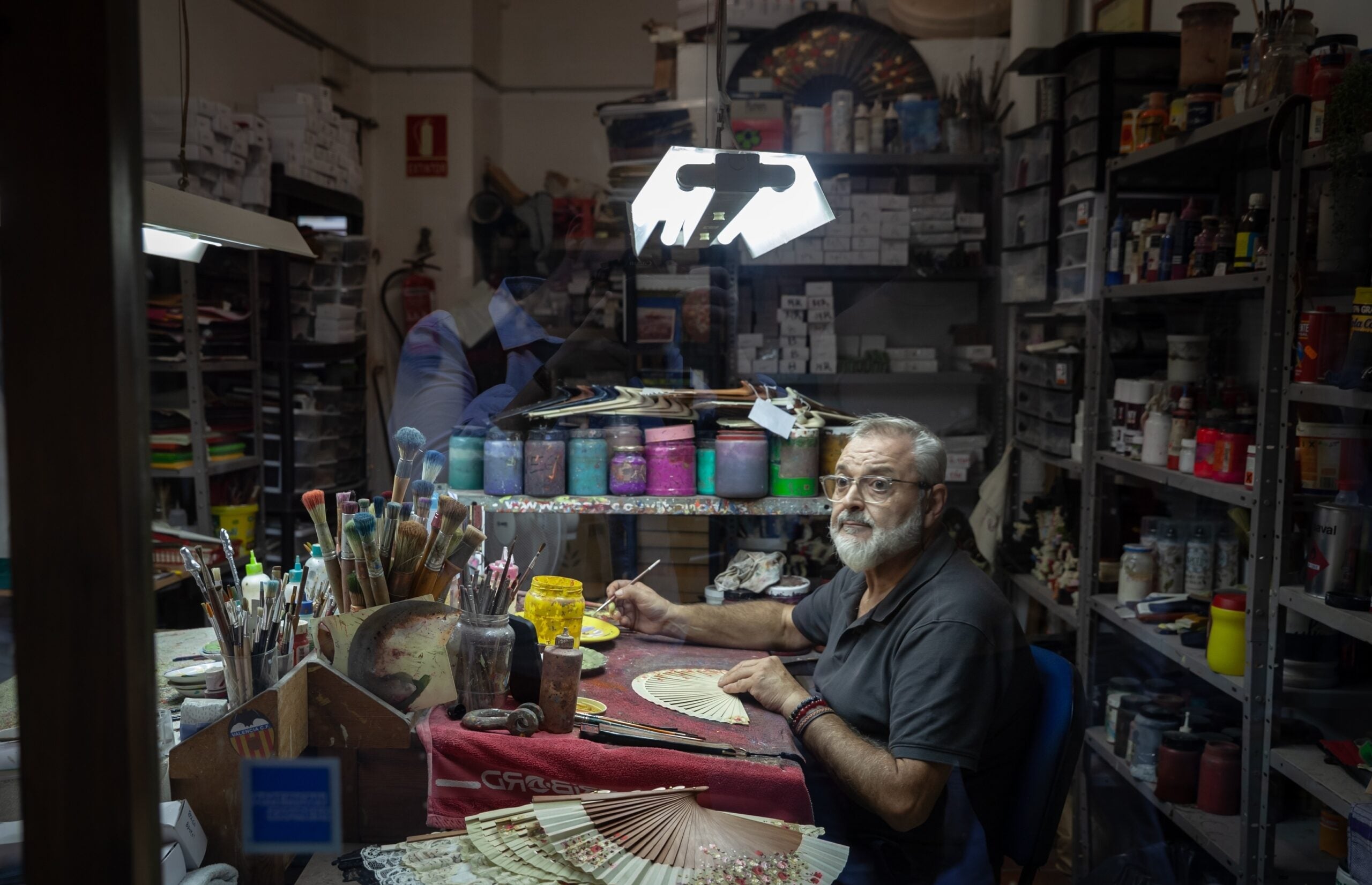
Over in the Basque town of Eibar, Grulla Armas invites guests into a very different kind of workshop. Founded in 1932, the house continues to make bespoke hunting rifles, prized as much for their artistry as their engineering. Still producing in small numbers, the house combines precision machining with intricate hand engraving. A tour here offers insight into Spain’s lesser-known but no less exacting heritage trades.
Luxury Food Experiences
If craftsmanship lies at the heart of Spanish luxury, then gastronomy is surely its soul. In San Sebastián, the Basque Culinary Center stands as a temple to culinary innovation. While it operates as an academic institution, the center also hosts public programs, hands-on workshops and tastings, all designed to immerse visitors in the region’s famously experimental cuisine.
[See also: A Guide to All Three-Michelin-Star Restaurants in Spain]
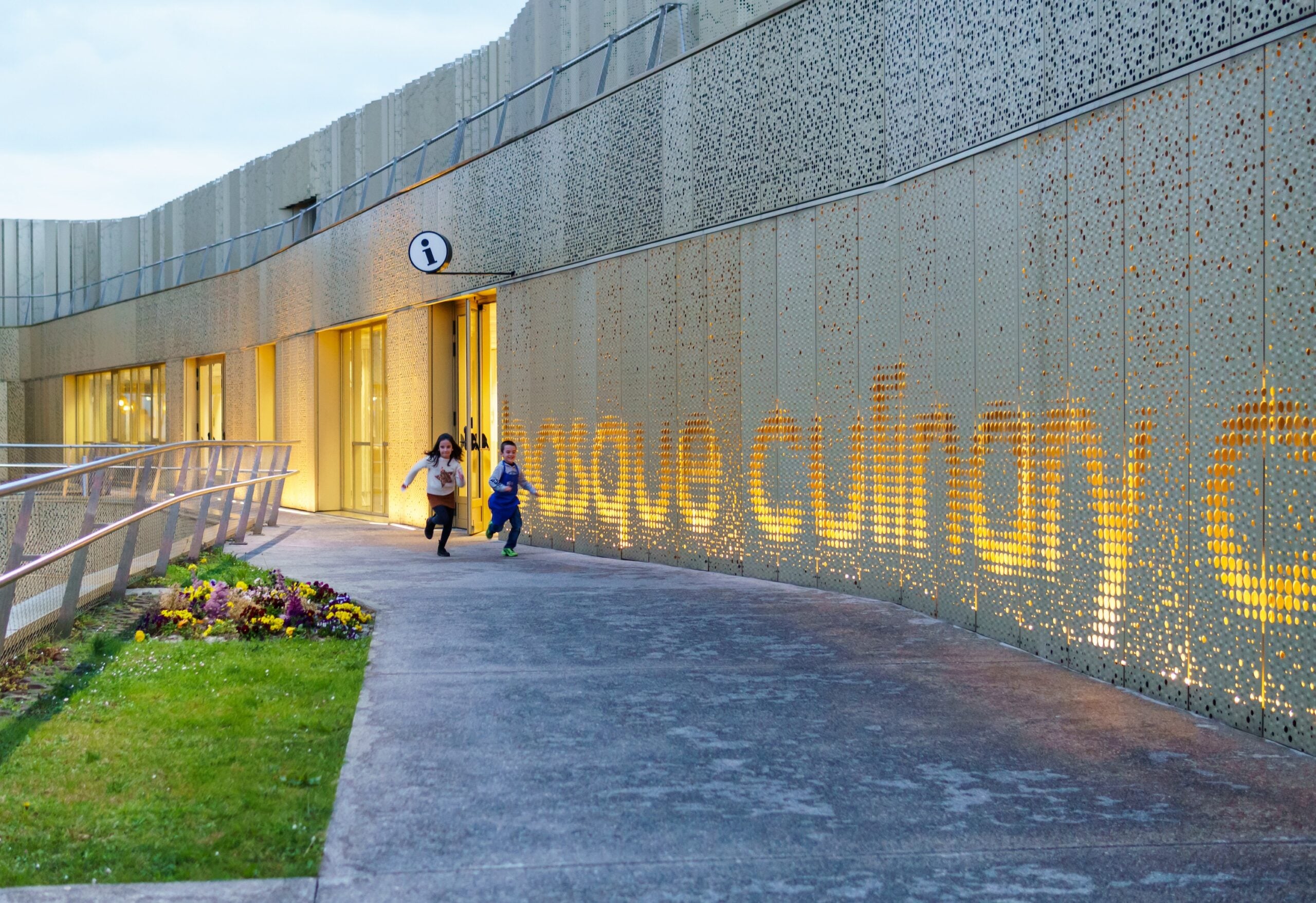
Spain’s vinous treasures are, of course, legendary, and few bodegas are more revered than Marqués de Murrieta. Founded in 1852 and housed in a neoclassical château outside Logroño, the estate is a living symbol of Rioja’s winemaking heritage. Guests can explore the cellars, admire the vineyards from a private terrace, and sample vintages of the iconic Castillo Ygay Gran Reserva in the same rooms where historic figures once dined.
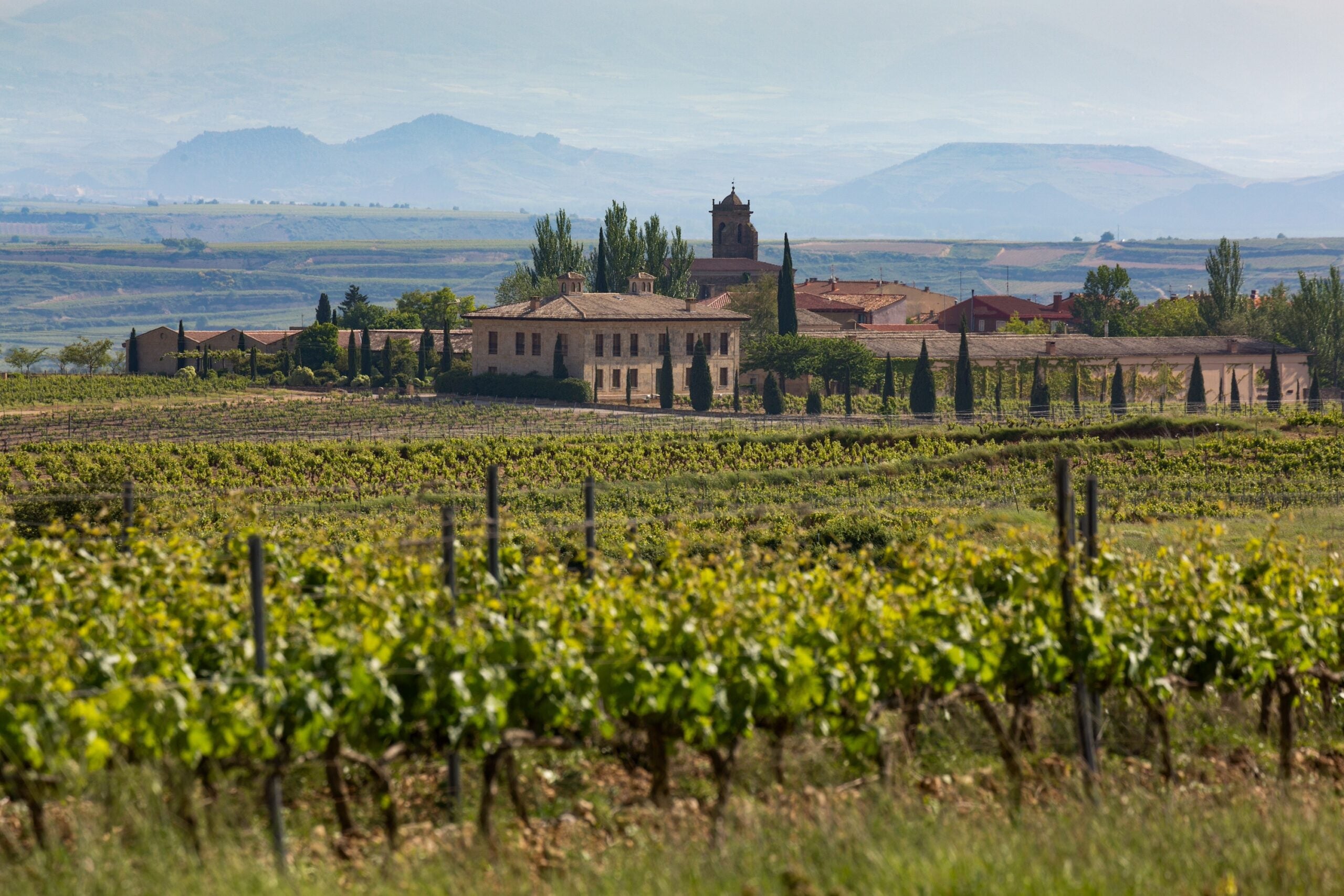
In the rural hills of Burgos, Cervezas Mica brings a craft-beer twist to the country’s fine-drinking scene. Using mineral-rich barley grown mere miles from the brewery, Mica produces a range of award-winning beers that are terroir-driven. A private visit to the warehouses reveals the meticulous process behind each bottle, ending in a guided tasting paired with local dishes that elevate beer to the level of fine wine.
[See also: The Best Ways to Experience the Rioja Wine Region]






